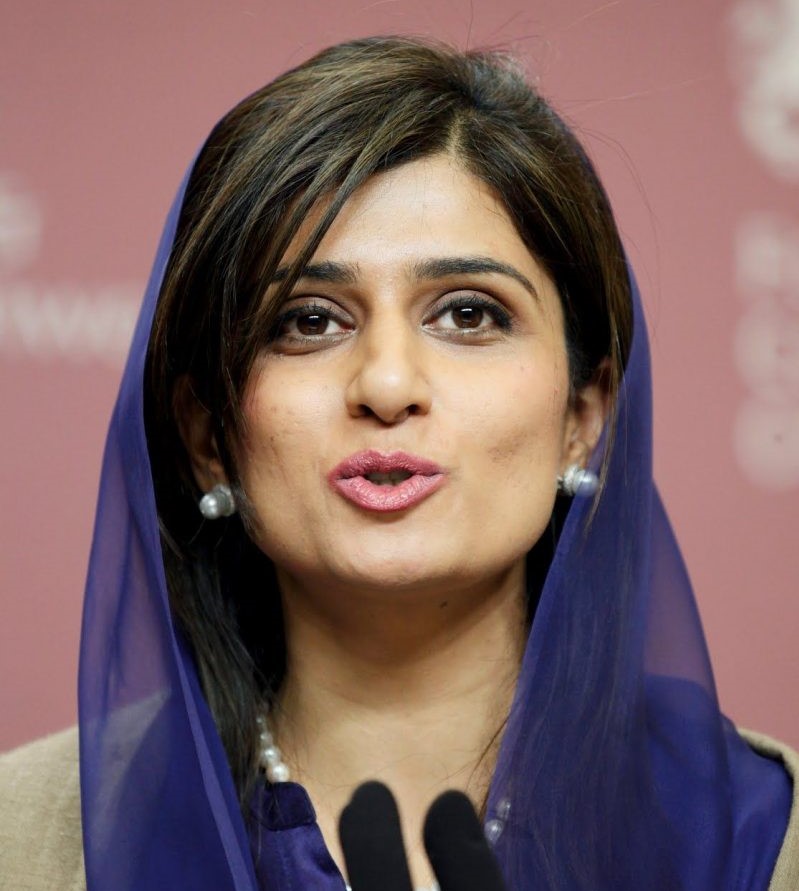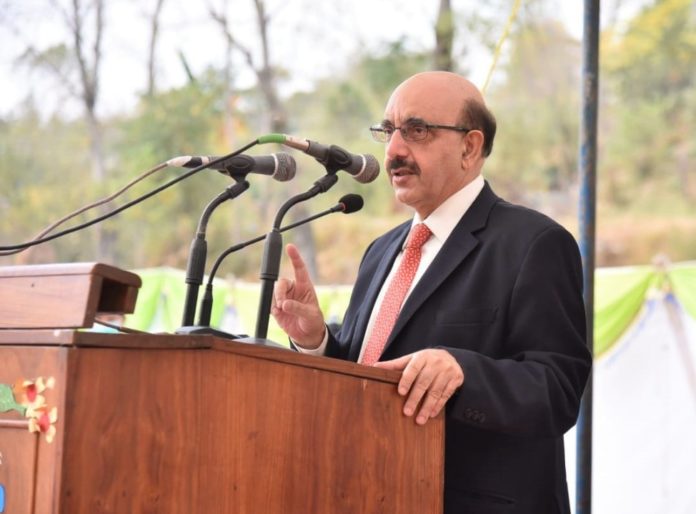The debate on traditional and non-traditional security has become a trend in the contemporary world because in the conflict ridden international environment it is difficult to escape from the ongoing wave of security threats. People from the world’s capitals and leading security architects of different states are struggling to overcome the wave of security challenges that challenge the world. Additionally, the traditional national security mechanisms of states are presently insufficient in protecting citizens because a potent combination of traditional and non-traditional security threats has encircled the international system. In this way, the question of security in the twenty first century has become a major concern for the international community where all states are equally vulnerable. In this situation, state authorities from different regions and prominent security analysts from diverse backgrounds are trying to formulate adequate security measures to overcome the challenges to their traditional national security mechanism.
States from western and non-western world or the countries of the first world and third world are arranging intellectual gatherings for understanding the nature of contemporary threats to security. In Pakistan various circles of intellectual community are arranging such meetings in order to comprehend the nature of ongoing security challenges to the international system generally, and Pakistan particularly. A similar two-day meeting was arranged by the University of Lahore which was an attempt to gather security analysts form different parts of the world. In addition to international scholars, a vast majority of local scholars form every part of the country participated in this two-day activity.
This was an international conference, “Threat to Security in the 21st Century: Finding a Global Way Forward“ arranged on May 5-6, 2018 organized by the School of Integrated Social Sciences (SISS), University of Lahore. The purpose of the conference was to discuss all aspects of security which was not an easy but a difficult task. Dr. Rabia Akhtar, the head of SISS and an assistant professor in the University of Lahore was responsible to arrange the international gathering of various scholars, politicians, policymakers, and journalists. In this way, it was a multidimensional gathering of different personalities. The central theme of the conference was discuss mainly the traditional and non-traditional dimensions of security. This galaxy of leading personalities from different fields attempted to address the various issues related to Human Security, Climate and Security, Nuclear Weapons and Security, Energy Security, Maritime Security, Cyber Security and Information Security. Moreover, terrorism and security, conflict and security, and security culture were also discussed.
The gathering highlighted the significance of security in the contemporary international system. All participants were unanimous in their views that analytical understanding to comprehend the contemporary nature of threats to the security is a global problem. The leaders around the world are investing, no doubt, their full potential to defend the security walls of their nations, but still the application of an appropriate mechanism to prevent the traditional and non-traditional security threats is a global problem. That’s why the regional security issues of Asian, European, Middle Eastern, African and American continents in addition to emerging threats to global security were another dimension of the conference. By inviting people from diverse backgrounds, the conference was an attempt of overhauling the traditional foundations of security in the present world.

The formal inauguration of the conference was graced with the participation of Sardar Masood Khan, the Present of Azad Jammu and Kashmir. The intellectual insight of Masood Khan formally started the conference by emphasizing on the implementation of suitable ways to counter the wave of security threats in Pakistan. The subsequent session attempted to further highlight Pakistan’s position in the nuclearized subcontinent. In a conversation with Ejaz Haider, former foreign minister of Pakistan, Hina Rabbani Khar, shared her views on the security and the foreign relations of Islamabad. The first session on the first day focussed on Pakistan’s position in the regional security environment of South Asia. in later sessions on the first day different eminent speakers shared their views on different topics. In the first plenary session, Najmuddin A. Shaikh, a retired ambassador and former foreign secretary, Dr. Tariq Rauf, a Vienna based consultant of CTBOT, and Khalid Banuri, former DG of ACDA, SPD shared their views on the different aspects of security. Moreover, renowned economist, Farrukh Saleem and a Lahore based scholar, Saeed Shafqat continued the debate of the first day.
Former ambassador, Najmuddin Shaikh and Saeed Shafqat highlighted the security threats attached to the China-Pakistan Economic Corridor (CPEC) whereas Tariq Rauf focused on the role of multilateral efforts of arms control and disarmament, and Khalid Banuri talked about the rise of ultra-nationalism. The most alarming security threat cited by Farrukh Saleem related to an economic crisis. The financial disaster in the country is an undeniable part of national security strategy, but it remained a neglected field according to Farrukh Saleem. In the end former Indian consul-general to Karachi, Mani Shankar Aiyer, delivered a talk on Indo-Pak hostile relations and the scope of peace in South Asia. Further discussions were divided between international scholars of diverse backgrounds.
In order to understand the security situation of the Korean Peninsula, Tong Zhao from Carnegie Tsinghua Center of Beijing provided his analysis in addition to Kabul’s security situation which was briefed by Rahimullah Yusufzai, a Pakistani journalist. Furthermore, Shashank Joshi from London and Dr. Rohaida Nordin from Malaysia talked about European security flux and the Southeast Asian refugees and threat to security. Another researcher from Nigeria tried to provide a glimpse of the security situation in the African continent. The final talk of the day was delivered by Kimberly Dozier, an American journalist who shared her own experiences of reporting in war zones. In this way, a concise picture of international security environment was sketched by various scholars.
In order to cover the varying extents of security in the contemporary international system, were thirteen panels divided in parallel sessions. In thirteen panels of different concurrent sessions, seventy speakers shared their ideas on the abovementioned subthemes of the conference. The speakers were allowed to analyse the various dimensions of security in the national regional and international frameworks. The most interesting part of the conference was the associated to another discussion of Ejaz Haider’s conversation with an American based Pakistani intellectual, Dr. Moeed Yusuf. Dr. Yusuf, Associate Vice President at the Asia Center of the United States Institute of Peace introduced his upcoming book Brokering Peace in Nuclear Environment: U.S Crisis Management in South Asia. Another fascinating part of the event was the launching of Pakistan Politico. It is Pakistan’s first strategic and foreign affairs magazine. Finally, Memorandum of Understanding was signed between the Sri Lanka based Regional Center for Security Studies (RCSS) and Pakistan based Center for Security, Strategy and Policy Research (CSSPR). The University of Lahore’s CSSPR agreed to collaborate with RCSS in various joint ventures.
It was an international event which has several unique features. First of all, this conference endeavoured to cover every dimension of security threats under the main traditional and non-traditional domains. Secondly, the conference attempted to cover the security problems of every continent by inviting speakers from different countries. Thirdly, this two-day event arranged an exceptional gathering of national and international speakers from different fields. The best part of the conference was the representation of retried officials, mid-career people, and young researchers. This effort of Dr. Rabia Akhtar and the University of Lahore to arrange an unconventional event was appreciated by national international community. The arrangement of such multidimensional academic events is an essential need in Pakistan. In short, it was an impressive event which should be followed by other academic institutions and research organizations.




